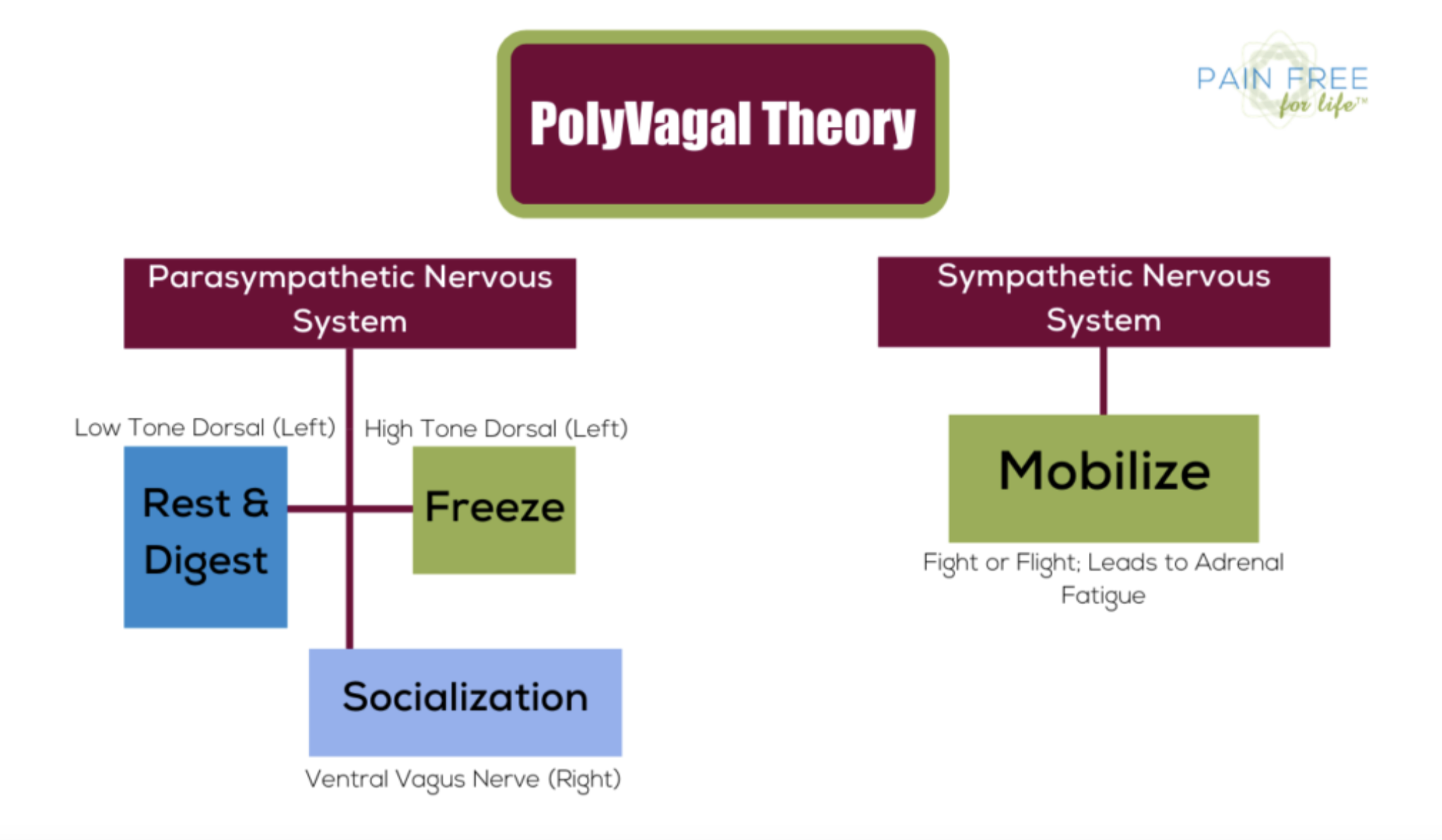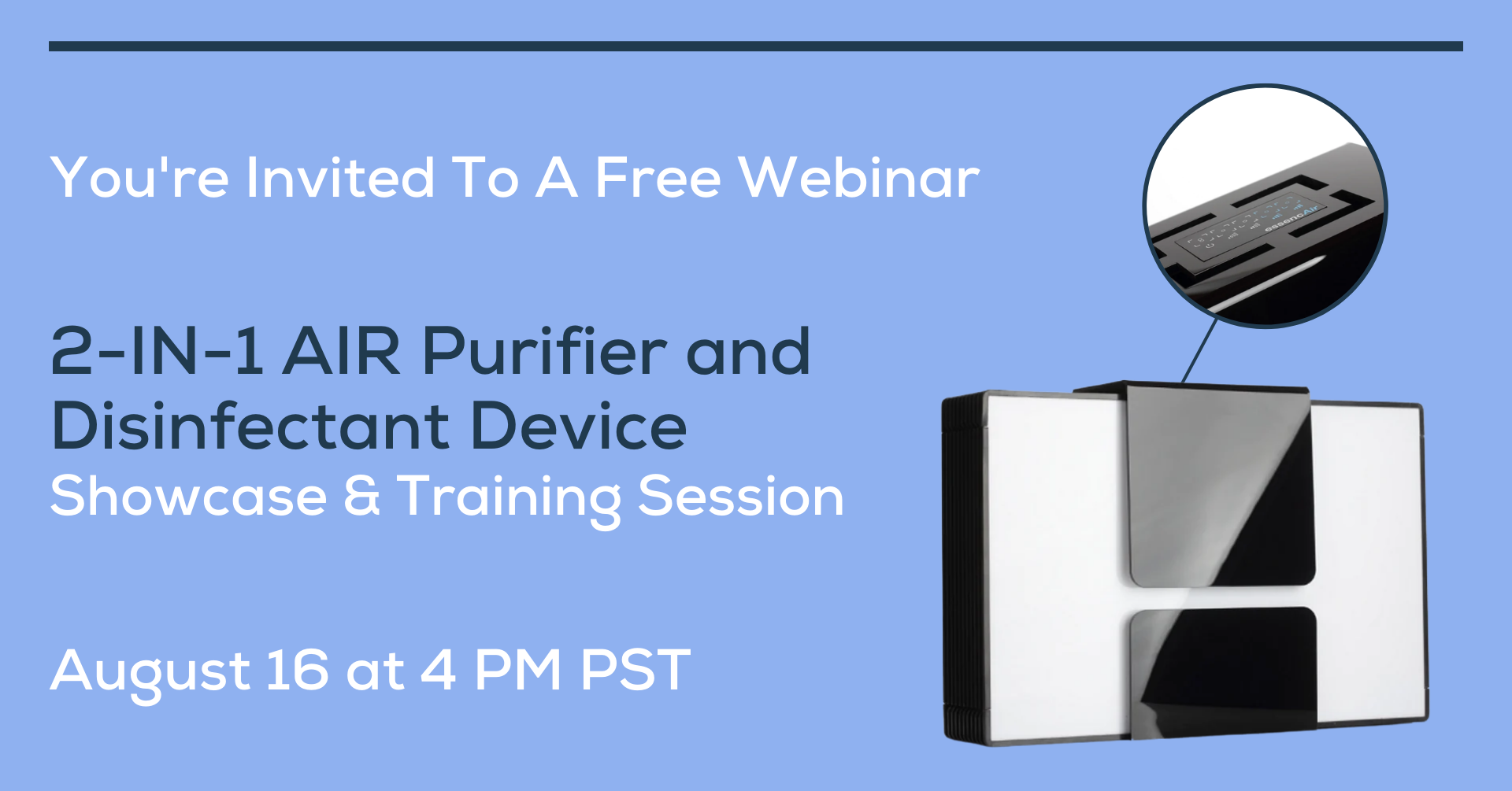
Leaky gut, also known as increased intestinal permeability, is a condition that can have a significant impact on your overall health. It occurs when the lining of your intestines becomes more porous, allowing undigested food particles, toxins, and bacteria to leak into your bloodstream. As a result, your immune system may be triggered, leading to inflammation and various unpleasant symptoms.
While leaky gut is a widely discussed concept, it’s important to note that the medical community is still exploring and researching its causes, diagnosis, and treatment options. At present, there is no universally accepted definition or diagnostic test for leaky gut in conventional medicine. However, the symptoms associated with this condition are quite noticeable and can help you identify if you may be suffering from it.
In this blog, we will delve into the ten signs that you may have a leaky gut and provide you with actionable steps to address this condition for improved gut health and overall well-being.
What is Leaky Gut?
Before we dive into the signs, let’s understand leaky gut in more detail. Your gut lining acts as a barrier, selectively allowing beneficial nutrients to pass through while blocking harmful substances. When the gut lining becomes compromised and more permeable, it can result in various health issues.
The primary culprits believed to contribute to leaky gut are an unhealthy diet, chronic stress, bacterial imbalance, certain medications, and environmental toxins. However, it’s essential to remember that the medical community is still exploring leaky gut’s precise causes and mechanisms.
10 Signs You May Have Leaky Gut
- Digestive Issues:
If you frequently experience bloating, gas, diarrhea, or constipation, it could be a sign of a leaky gut. Pay attention to your digestive symptoms and consider keeping a food diary to identify potential triggers.
- Food Sensitivities:
A leaky gut can lead to increased food sensitivities or allergies. If you find yourself reacting to certain foods that you used to tolerate well, it could be a sign of a compromised gut lining.
- Autoimmune Conditions:
Research suggests that leaky gut can contribute to autoimmune disorders. If you have an autoimmune condition such as rheumatoid arthritis, Hashimoto’s thyroiditis, or lupus, it may be worth exploring the connection with your gut health.
- Discover Janice’s inspiring journey of triumph over Crohn’s disease using microcurrent therapy. Explore how this innovative approach helped her tackle the inflammation of the digestive tract in this compelling case study.
- Witness the incredible journey of Lauren’s triumph over childhood ulcerative colitis with microcurrent therapy. Discover how she overcame severe allergies and chronic gut issues, finding renewed hope and health.
- Fatigue and Low Energy:
Chronic fatigue and low energy levels can be linked to a leaky gut. When your gut is not functioning optimally, it can impact your body’s ability to absorb nutrients and produce energy.
- Skin Problems:
Skin issues like acne, eczema, or rosacea can be signs of an imbalance in the gut. Inflammation triggered by a leaky gut can manifest as skin problems. To learn more about treating skin conditions with microcurrent therapy, check out our blog, 3 Effective Natural Skin Treatments for Chronic Conditions.
- Joint Pain and swelling:
Leaky gut can contribute to systemic inflammation, which may lead to joint pain, swelling, and stiffness.
- Mood Disorders:
The gut and brain are closely connected, and imbalances in the gut can influence your mood. Anxiety, depression, and brain fog can all be linked to a leaky gut.
- Nutritional Deficiencies:
When your gut lining is compromised, your body may struggle to absorb essential nutrients from the food you eat. This can result in nutritional deficiencies, even with a healthy diet. Scary, right?
- Weakened Immune System:
A large portion of your immune system is located in your gut. If your gut barrier is compromised, it can weaken your immune system and make you more susceptible to infections, allergies, and autoimmune conditions. Learn more about How to Protect the Immune System Naturally with The Hache Protocol™ here.
- Chronic Inflammation:
Leaky gut can contribute to chronic inflammation throughout the body, which is associated with various health issues, including heart disease, diabetes, and cancer.
Rebalancing Your Diet for Gut Health
The first step in addressing leaky gut is adopting a gut-friendly diet. Focus on whole, unprocessed foods, including plenty of vegetables, fruits, lean proteins, healthy fats, and fiber.
These foods support a healthy gut microbiome and provide essential nutrients for gut healing. On the other hand, it’s essential to avoid or minimize inflammatory foods that can irritate the gut, such as processed foods, refined sugars, gluten, red meat, and dairy (if you’re sensitive).
Need help getting started with a gut and inflammation-friendly diet?
Enjoy these resources:
- Intuitively Eating for Health: Discover the power of intuitive eating for optimizing health and wellness—learn how to listen to your body’s cues and enjoy fresh, healthy spring recipes customized to your needs. People with leaky gut will benefit from understanding this holistic approach to achieve better physical and mental well-being.
- Pain Resolution at Your Farmer’s Market: How Eating Right Can Reduce Chronic Pain: Discover the connection between your diet and chronic pain and how eating right can help reduce inflammation and alleviate symptoms. This blog provides valuable tips on shopping at farmers’ markets, lists pain-relieving foods, and emphasizes the importance of a balanced, nutrient-dense diet for people with leaky gut.
The Role of Supplements in Healing Leaky Gut
Certain supplements can support gut health and aid in the healing process. Probiotics (found in supplements or fermented foods) can promote a healthy balance of gut bacteria, while digestive enzymes can aid in better digestion.
If you’ve been dealing with digestive issues, bloating, or any gut discomfort, our Digestive Health Kit might be just what you need. It’s designed to support your gut health with Liver/Gallbladder support, Gastric support, digestive support, and a high-quality probiotic. We truly believe that taking care of your gut can positively impact your overall health. So, whether you’re facing an Autoimmune disorder, IBS, or suspected Leaky Gut, or you’ve been feeling unwell for a while, this kit could be beneficial for you.
Remember, it’s always a good idea to chat with a healthcare professional before starting any supplements.
 As PolyVagal Theory states, the Vagus nerve plays a crucial role in gut health and overall well-being, including your digestion, as shown in the image above.
As PolyVagal Theory states, the Vagus nerve plays a crucial role in gut health and overall well-being, including your digestion, as shown in the image above.
Chronic stress can negatively affect the gut, leading to issues like a leaky gut. To promote relaxation and regulate the stress response, try stress-reducing activities like exercise, meditation, yoga, or spending time in nature.But here’s something exciting: non-invasive vagus nerve stimulation with microcurrent therapy is an emerging technique that can significantly impact the gut-brain connection and promote gut healing. To learn more about tapping into the power of your Vagus nerve with microcurrent therapy, check out the informative video below!
Environmental Triggers for Leaky Gut
However, it’s essential to remember that leaky gut triggers are not limited to just food. Other environmental factors could also be playing a role in compromising your gut health. Environmental toxins, such as pesticides, pollutants, and heavy metals, can find their way into the body through food, water, and even the air we breathe.
Long-term exposure to these toxins may contribute to inflammation and further damage the gut lining. Therefore, consider adopting lifestyle changes to minimize exposure to harmful environmental toxins.
Moreover, certain medications, especially non-steroidal anti-inflammatory drugs (NSAIDs) and antibiotics have been associated with gut-related issues. While these medications can be necessary in some situations, prolonged or excessive use can disturb the balance of beneficial gut bacteria, potentially contributing to leaky gut. If you are taking these medications regularly, discussing potential alternatives or strategies to mitigate their impact on your gut health with your healthcare professional is crucial.
When identifying and eliminating triggers, it’s beneficial to explore factors beyond just food. Evaluate your living and work environments for potential sources of toxins and take steps to reduce your exposure. Consider switching to natural cleaning products, investing in a water filter, increasing ventilation, and using air purifiers in your living spaces to improve air quality.
Speaking of air safety, we’re hosting a FREE training on purifying the air in your home with salt! If you’re interested in protecting your family from bacteria, viruses, smog, and smoke – this training is for you.

>>Save Your Seat at the Training HERE<<
When to Seek Professional Help for Leaky Gut?
When it comes to leaky gut, I can’t stress enough the importance of seeking professional help if you suspect you’re dealing with this condition or if your symptoms just won’t let up, no matter how hard you try with dietary and lifestyle changes. Now, I know some people might be hesitant to reach out for assistance, but let me assure you that consulting with a healthcare professional can be a game-changer on your path to healing.
In my years of experience, I’ve seen remarkable transformations when patients collaborate with a professional. We’re all different, and our bodies react in various ways. By having someone who truly comprehends the intricacies of a leaky gut, you can receive a plan that addresses your specific challenges and goals.
So remember, there’s no shame in seeking help. In fact, it shows strength and commitment to your well-being. Leaky gut can be complex, and having a professional in your corner will empower you to make informed decisions and progress toward a healthier gut and a healthier you.
So, if you’ve been experiencing symptoms that just won’t budge, don’t hesitate to reach out to a professional who specializes in gut health. Take that step toward healing, and you’ll be amazed at the positive changes you can achieve with the right guidance and support. Your gut will thank you, and you’ll be on your way to embracing a pain-free and vibrant life.
If you think microcurrent therapy could help your Leaky Gut or would like to consider integrating it into your healing regimen, request a free consultation with Dr. Rob Vanbergen Here.
You’re Invited! The Healing Leaky Gut Masterclass

Empower yourself with knowledge and join the Healing Leaky Gut Masterclass from August 14-20, 2023. This exclusive event will feature 40+ tips, strategies, and secrets to repair your gut and promote overall well-being. Don’t miss this opportunity to learn from experts and explore the topic of leaky gut in depth.
I’ll be talking about healing a leaky gut in minutes a day with microcurrent!
Plus, it’s entirely free and available online – what are you waiting for?
>> Register for the FREE Healing Leaky Gut Masterclass HERE Today! <<
Empowering Your Gut Healing Journey: Embrace Patience and Proactivity
Addressing a leaky gut is a multifaceted process that requires patience and dedication. By recognizing the signs, making dietary adjustments, and exploring supplementary approaches like non-invasive vagus nerve stimulation with microcurrent, you can take proactive steps toward healing your gut.
Remember that what works for one person may not work for another, so listen to your body, seek professional guidance when needed, and empower yourself on your journey to healing and living pain-free!
Sources cited:
If you want to boost immunity, look to the gut | UCLA Health
https://my.clevelandclinic.org/health/diseases/22724-leaky-gut-syndrome







